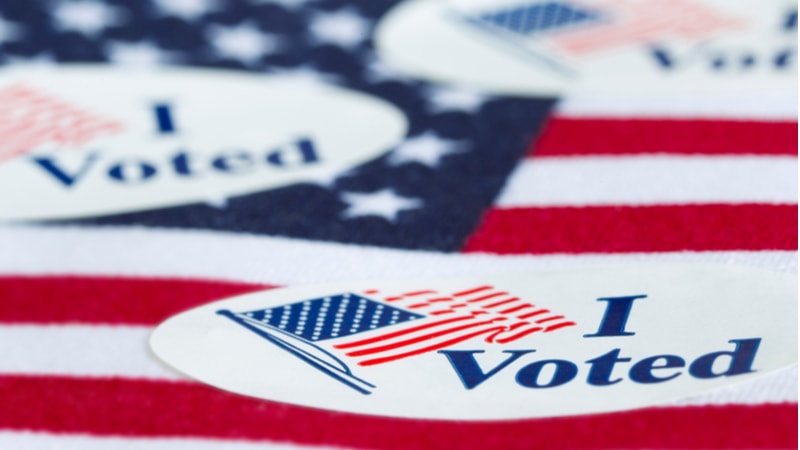
The FBI’s Boston Division has issued guidance to help the general public guard against foreign influence and disinformation campaigns in advance of the 2020 election.
“From now until November 3, every American has a role to play in protecting the election from threats against the democratic process,” the guidance says. Among other threats, the guidance specifically highlights cyber threats targeting the election process and the potential for malign foreign influence on the democratic process, elected officials, and institutions.
“Foreign adversaries are counting on you to blindly share their propaganda and lies, and we need you to help us protect your voices and ultimately your votes by making informed decisions about what you view, read, and share on social media,” said Joseph R. Bonavolonta, special agent in charge of the FBI Boston Division. “That’s why we’re issuing this guidance. We all have a role to play in protecting the sanctity of our elections from interference by criminals and other nefarious actors.”
The FBI said that foreign adversaries – including Russia, China, and foreign-aligned groups – are trying to illegally influence American political processes. The guidance noted that the goal is often to undermine confidence in our democratic institutions. The FBI highlighted three common foreign influence methods:
- “Cyberattacks against political campaigns and government infrastructure: These attacks might include foreign adversaries hacking and leaking sensitive information from computers, databases, networks, phones, and emails.
- Secret funding or influence operations to help or harm a person or cause: Tactics include political advertising from foreign groups pretending to be U.S. citizens, lobbying by unregistered foreign agents, and illegal campaign contributions from foreign adversaries.
- Disinformation campaigns on social media platforms that confuse, trick, or upset the public: For example, a foreign group may purposefully spread false or inconsistent information about an existing social issue to provoke all sides and encourage conflict.”
The guidance also shares how the FBI is working to combat foreign influence. It highlights that the FBI uses its Foreign Influence Task Force, established in 2017, to identify and counteract malign foreign influence operations targeting the United States.
Additionally, the Bureau works with partners at all levels of government to ensure that information regarding treats is shared immediately as it becomes available. “This includes threat information, actionable leads, or indicators, as well as online tools such as our Protected Voices campaign,” the FBI said. The Protected Voices campaign provides political campaigns, organizations, and other election security stakeholders with resources to protect against malign foreign influence and cybersecurity threats.
The guidance further noted the FBI’s relationship with social media and technology companies. The FBI said it “maintains an ongoing dialogue to enable a quick exchange of threat information.” However, it did note that “social media companies independently make decisions regarding the content of their platforms and the safety of their members.”
In terms of what the public can do to ward off attacks, the FBI offered a handful of recommendations:
- Seek out information from trustworthy sources, verify who produced the content, and consider their intent;
- Be aware of social media deception;
- Rely on state and local government election officials;
- Beware of “deep fakes”;
- Report suspicious activity to social media platforms; and
- Report suspicious activity to the FBI.
